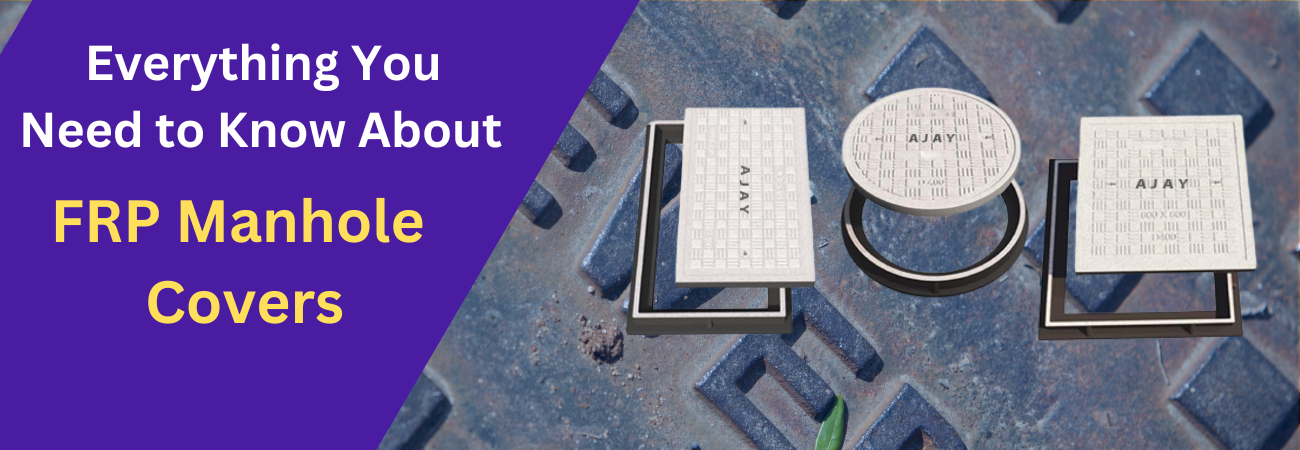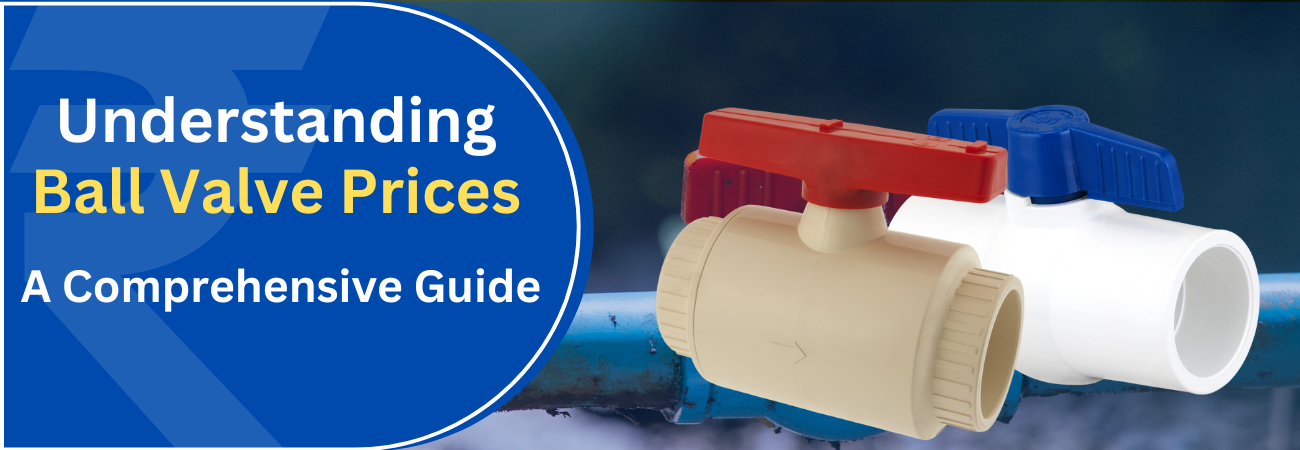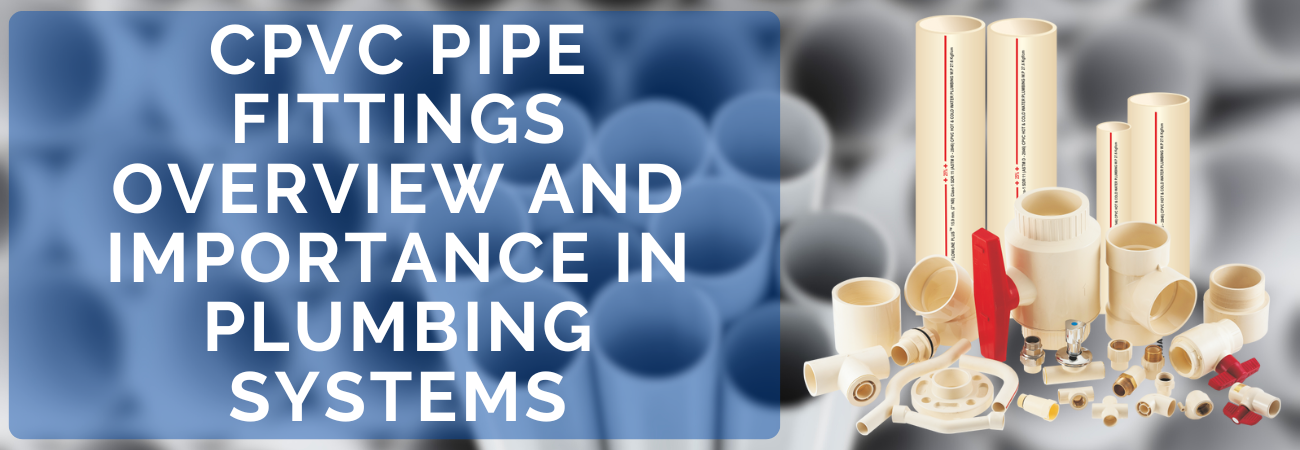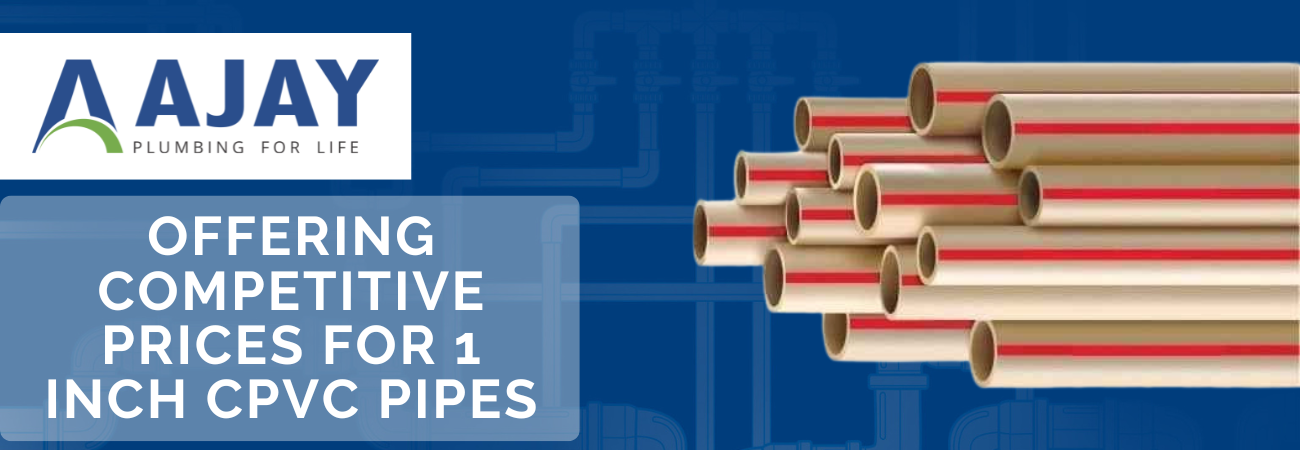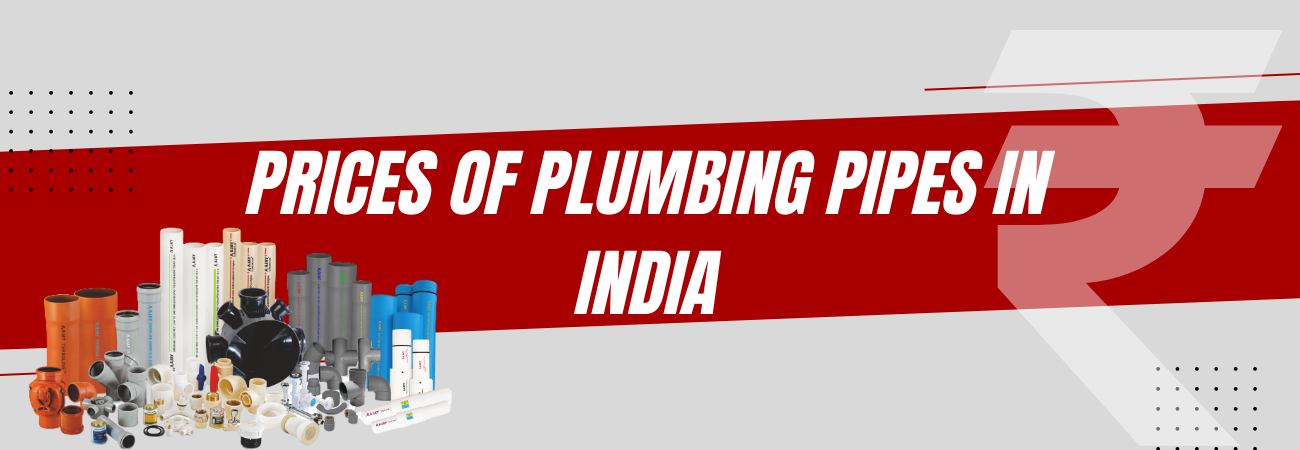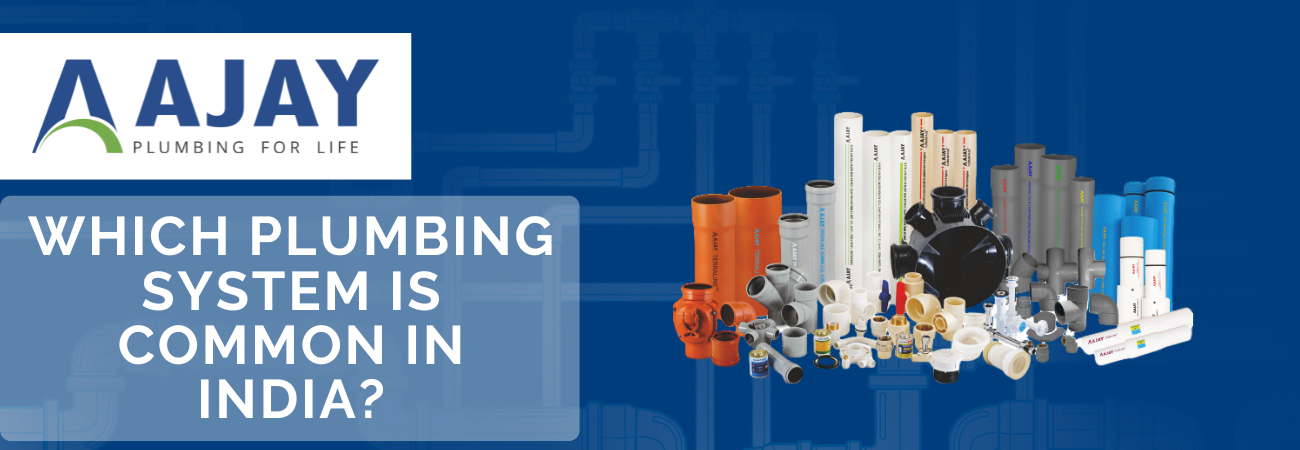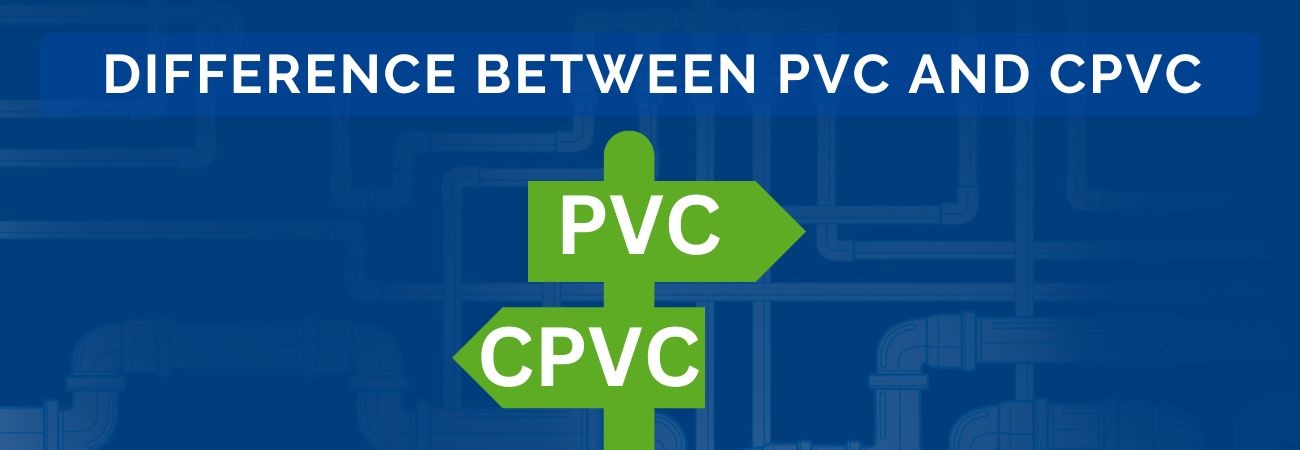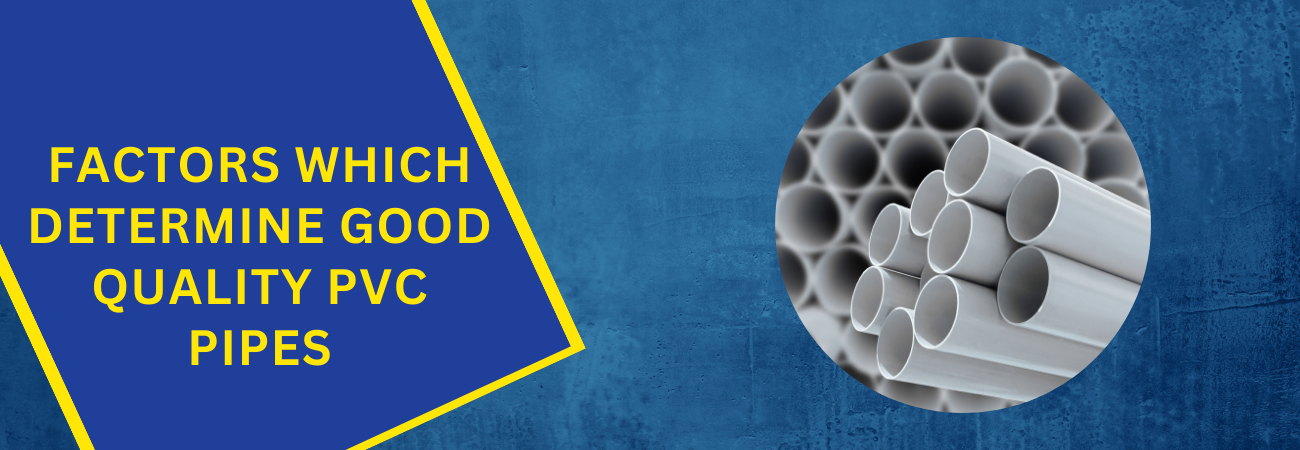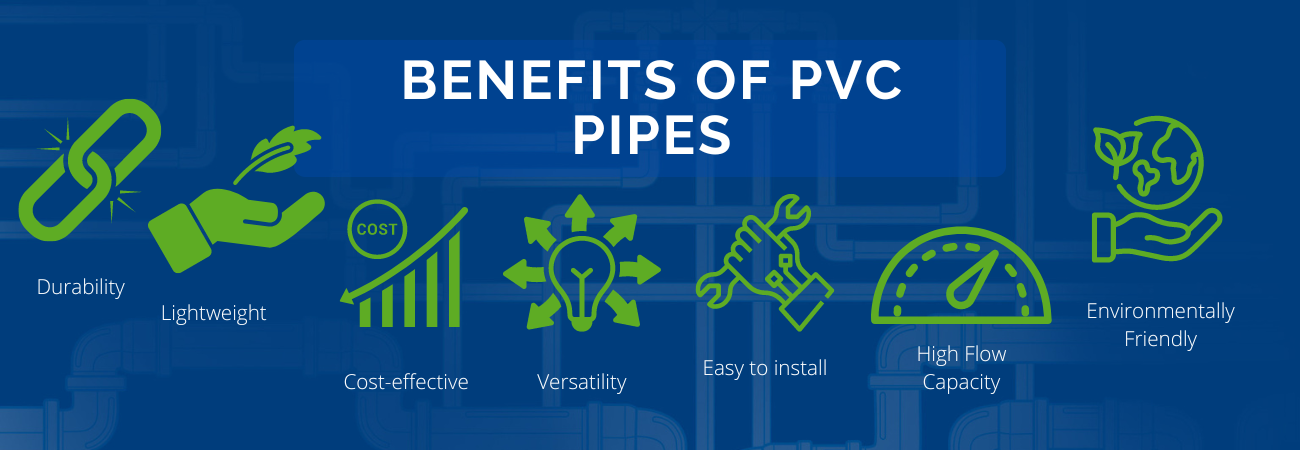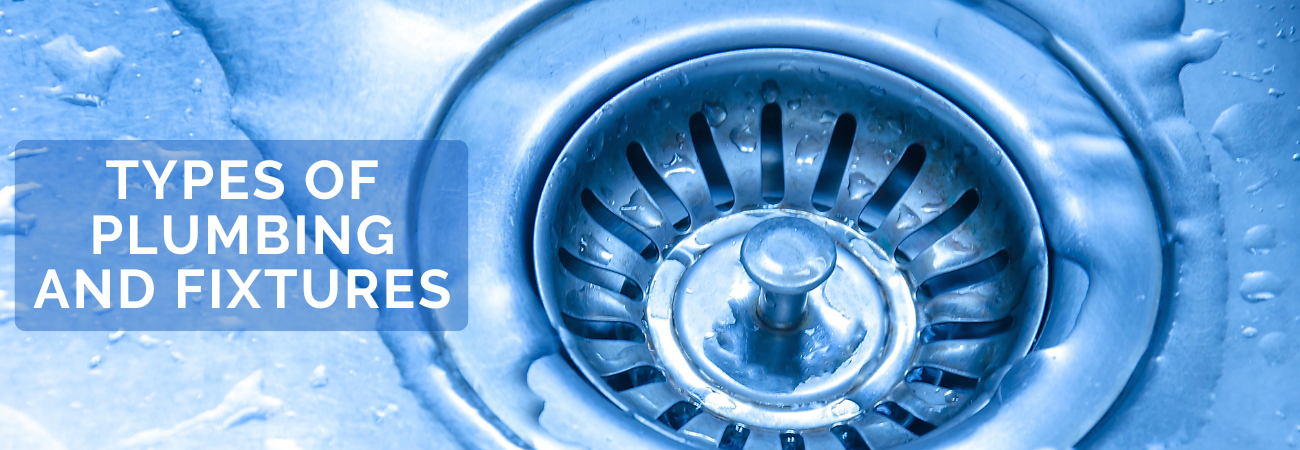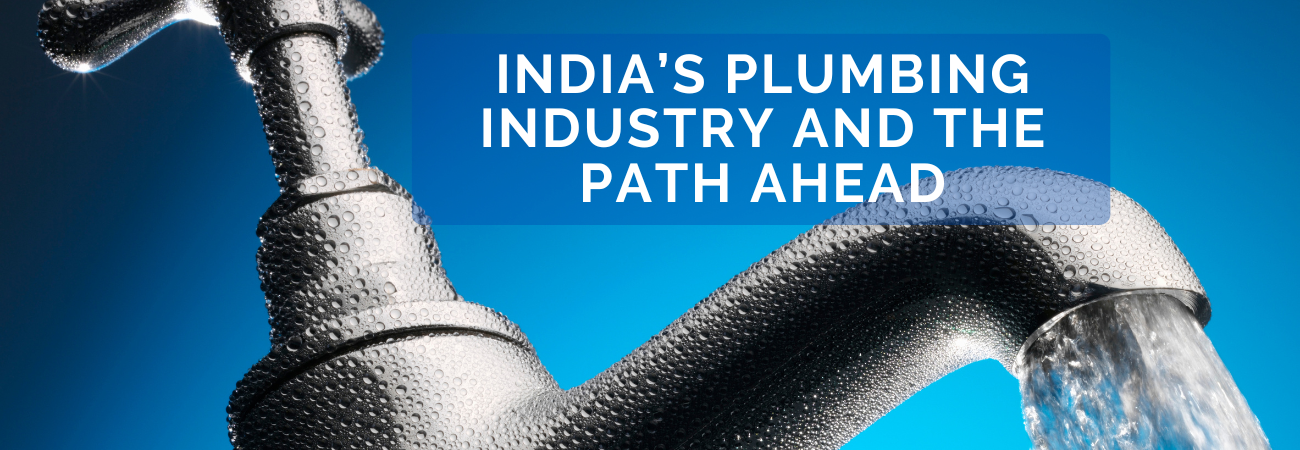Introduction to FRP Manhole Covers
Urban infrastructure is the backbone of any thriving city, and manhole covers are a critical component of this system. Traditionally, manhole covers have been made from cast iron, concrete, or other heavy materials. While these materials have served their purpose, they come with significant drawbacks, including susceptibility to corrosion, heavy weight, and high maintenance costs. This is where FRP (Fiber Reinforced Polymer) manhole covers come into play.
FRP manhole covers are rapidly gaining popularity due to their numerous advantages over traditional materials. They are not only lighter and easier to handle, but they also offer superior durability, resistance to corrosion, and environmental benefits. In this article, we will delve into the various aspects of FRP manhole covers, exploring their benefits, applications, and why they are the smart choice for modern urban infrastructure.
The Composition and Structure of FRP Manhole Covers
FRP manhole covers are made from a composite material that consists of a polymer matrix reinforced with fibers, typically glass, carbon, or aramid fibers. This combination creates a material that is incredibly strong yet lightweight. The polymer matrix holds the fibers in place and transfers the load to them, while the fibers provide strength and stiffness to the composite. This structure allows FRP manhole covers to withstand heavy loads without compromising on weight or durability.
Key Advantages of FRP Manhole Covers
Lightweight Yet Strong
One of the most significant benefits of FRP manhole covers is their lightweight nature. Traditional manhole covers made from cast iron can weigh over 100 pounds, making them difficult and dangerous to handle. In contrast, FRP covers can weigh up to 70% less while maintaining the same, if not greater, strength. This reduction in weight translates to easier handling during installation and maintenance, reducing the risk of injury for workers and improving overall efficiency.
Corrosion Resistance
Corrosion is a major issue with metal manhole covers, especially in areas exposed to moisture, chemicals, or salt. Over time, corrosion can weaken the cover, leading to safety hazards and costly replacements. FRP manhole covers, however, are highly resistant to corrosion, even in harsh environments. This resistance ensures a longer lifespan, reducing the need for frequent replacements and lowering maintenance costs. Moreover, the non-corrosive nature of FRP makes it ideal for use in environments where metal covers would quickly deteriorate, such as in coastal areas or industrial sites.
High Durability and Longevity
FRP manhole covers are designed to withstand the test of time. Their durability is due to the inherent properties of the composite materials used in their construction. Unlike metal or concrete, FRP does not crack, warp, or degrade over time. It can endure extreme weather conditions, including high temperatures, freezing conditions, and UV exposure, without losing its structural integrity. This long-lasting performance makes FRP manhole covers a cost-effective investment for municipalities and companies looking to minimize maintenance and replacement costs over the years.
Non-Conductive and Non-Magnetic Properties
Safety is a critical concern when dealing with urban infrastructure, particularly in areas involving electrical or telecommunications installations. FRP manhole covers are non-conductive, meaning they do not conduct electricity. This property makes them safer to use in environments where electrical equipment is present, reducing the risk of accidental electrocution. Additionally, FRP is non-magnetic, making it suitable for use in areas where magnetic interference could be an issue, such as near sensitive electronic equipment or in facilities that require precise instrumentation.
Environmental Sustainability
In today’s world, sustainability is a key consideration in every industry, and urban infrastructure is no exception. FRP manhole covers are more environmentally friendly compared to traditional materials. The production process of FRP requires less energy, and the materials used are often recyclable. Additionally, the long lifespan of FRP covers means fewer replacements are needed, resulting in less waste over time. As cities strive to reduce their carbon footprint and adopt greener practices, FRP manhole covers present an attractive option for sustainable infrastructure development.
Applications of FRP Manhole Covers
Urban Roadways and Highways
FRP manhole covers are becoming increasingly common in urban roadways and highways. Their lightweight nature allows for easier installation in busy traffic areas, reducing disruption during maintenance. Despite their lightness, FRP covers are robust enough to handle the heavy loads associated with vehicular traffic, ensuring the safety and reliability of the roadways.
Telecommunications and Electrical Infrastructure
The non-conductive and non-magnetic properties of FRP manhole covers make them an ideal choice for protecting telecommunications and electrical infrastructure. In these applications, ensuring that the cover does not interfere with signals or electrical circuits is crucial. FRP covers provide the necessary protection without the risk of electrical conduction or magnetic interference, making them a preferred option for companies in these sectors.
Water and Sewage Systems
Water and sewage systems often operate in environments that are corrosive due to the presence of water, chemicals, and organic materials. Traditional metal covers can corrode quickly in these conditions, leading to frequent replacements and higher maintenance costs. FRP manhole covers, with their excellent corrosion resistance, are perfectly suited for these environments. They provide long-lasting protection against the harsh conditions typically found in water and sewage systems, ensuring the infrastructure remains functional and safe.
Industrial Facilities
In industrial settings, manhole covers are exposed to a variety of chemicals and harsh environmental conditions that can quickly degrade traditional materials. FRP manhole covers are highly resistant to chemical corrosion, making them ideal for use in factories, chemical plants, and other industrial facilities. Their durability and resistance to environmental factors ensure that they can withstand the demanding conditions of industrial applications.
Comparing FRP Manhole Covers to Traditional Materials
Cost Considerations
While the initial cost of FRP manhole covers may be higher than traditional materials like cast iron or concrete, the long-term savings are significant. The durability and low maintenance requirements of FRP covers mean that cities and companies can save on the costs associated with frequent replacements and repairs. Additionally, the lighter weight of FRP covers reduces transportation and installation costs, further contributing to overall savings.
Safety Enhancements
Safety is a paramount concern in urban infrastructure, and FRP manhole covers offer several advantages in this regard. The lightweight nature of FRP reduces the risk of injuries during installation and maintenance. Additionally, the non-slip surface of FRP covers enhances pedestrian safety, particularly in wet or icy conditions. For areas where electrical safety is a concern, the non-conductive properties of FRP provide an added layer of protection.
Environmental Impact
As cities aim to become more sustainable, the environmental impact of materials used in infrastructure projects becomes increasingly important. FRP manhole covers contribute to sustainability efforts by requiring less energy to produce and being recyclable at the end of their lifespan. Their long-lasting nature also means fewer replacements, reducing waste and conserving resources over time.
For any queries, contact the plumbing experts at Ajay pipes on the Toll Free No. : 1800-11-4050 or via email at our email address info@ajaypipes.com

